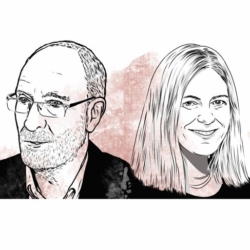June 23, 2022
BCO Conference challenges the office sector to up its game
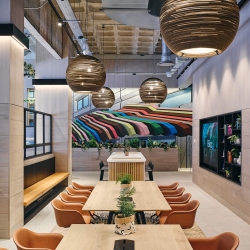 Regarded as one of the property sector’s leading events, the BCO Annual Conference saw key players from all parts of the office industry flock to Manchester – the vibrant, modern cosmopolitan powerhouse that is celebrated around the world for being the UK’s most competitive, economically productive, liveable and vibrant region. In her keynote, Joanne Roney, chief executive of Manchester City Council, said that the most demanding, challenging and important priority is climate change, closely followed by making a positive difference to the lives of the people who live and work in the city. More →
Regarded as one of the property sector’s leading events, the BCO Annual Conference saw key players from all parts of the office industry flock to Manchester – the vibrant, modern cosmopolitan powerhouse that is celebrated around the world for being the UK’s most competitive, economically productive, liveable and vibrant region. In her keynote, Joanne Roney, chief executive of Manchester City Council, said that the most demanding, challenging and important priority is climate change, closely followed by making a positive difference to the lives of the people who live and work in the city. More →






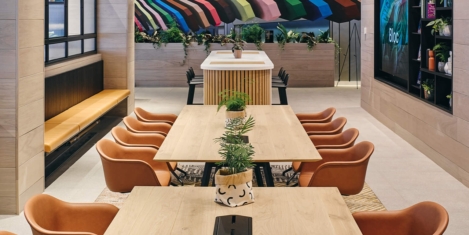
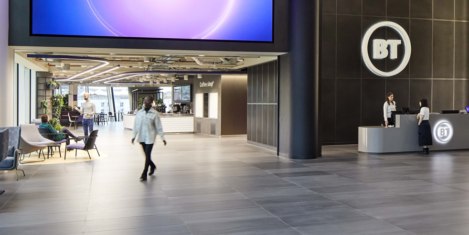
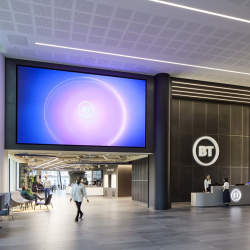











 The first Omnirama event on the 23rd of March launched the series exploring different factors challenging the world of work in a time of prevailing uncertainty. Underlying Ominirama’s raison d’etre is that recent events have turned the status quo on its head with some major structural and systemic changes taking place. Nobody seems to have any clear idea of how to deal with this enormous transformation in the ways we work All the playbooks and all the guidance that we have all relied upon for so many years have now gone out the window.
The first Omnirama event on the 23rd of March launched the series exploring different factors challenging the world of work in a time of prevailing uncertainty. Underlying Ominirama’s raison d’etre is that recent events have turned the status quo on its head with some major structural and systemic changes taking place. Nobody seems to have any clear idea of how to deal with this enormous transformation in the ways we work All the playbooks and all the guidance that we have all relied upon for so many years have now gone out the window. 




